Why Is My Dog Not Eating His Food but Will Eat Treats?

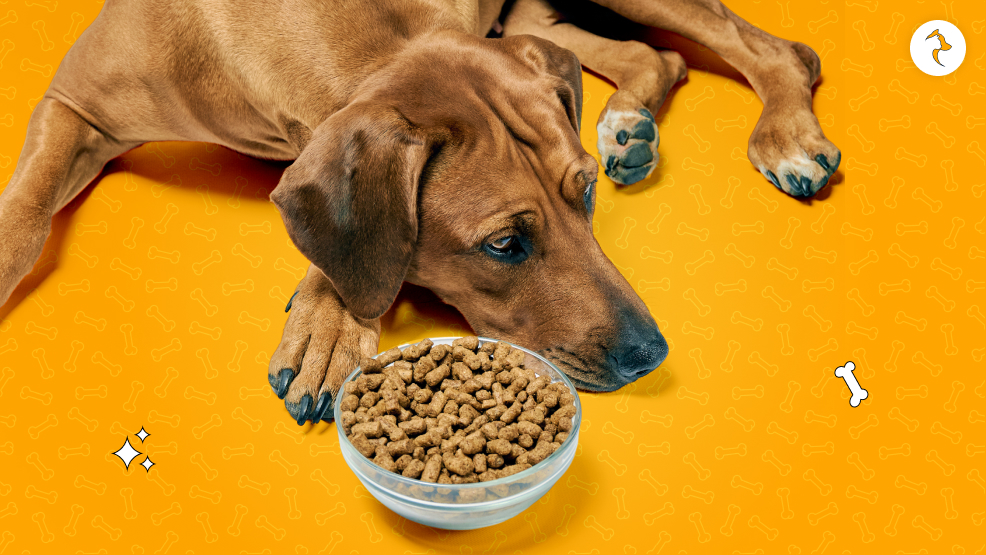
It may be alarming when a dog refuses food but digs a treat out of your pocket or eats food straight off the dinner table. There can be many reasons for such behavior, from health problems to conditioning.
Understanding the reason for that could lead to a solution from whenever this behavior may seem feasible and hence will aid in keeping your four-legged friend in good health.
Reasons Why My Dog Is Not Eating His Food
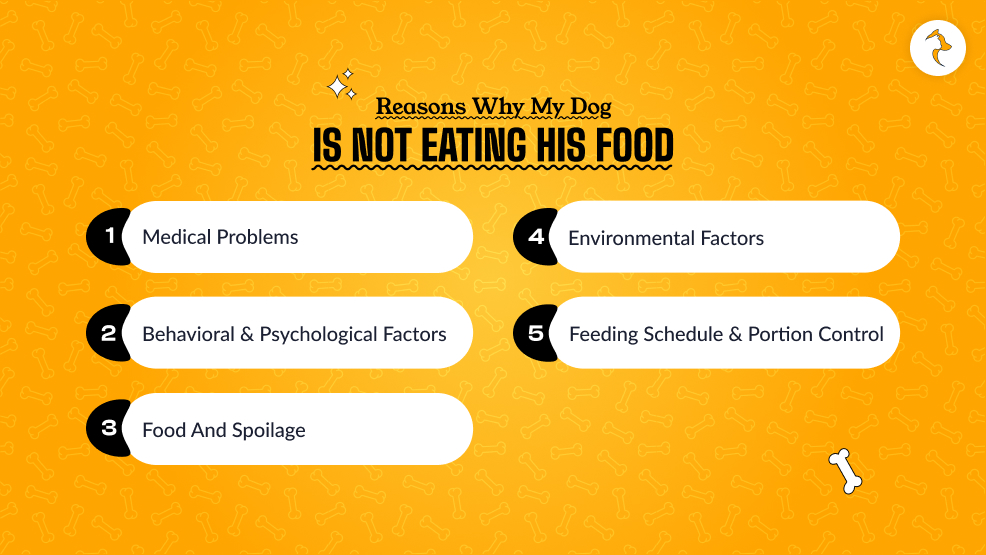
If you are a dog parent, and you see that your dog is not eating anything then it is a matter of concern and worrisome.
There can be a few reasons as to why is my dog not eating his food but will eat treats, so here are a few of the reasons.
1. Medical Problems
- Dental problems like gum disease, tooth pain, or infections could hamper chewing.
- Gastrointestinal problems accompanied by nausea or upset stomach lessen appetite.
- Such diseases as kidney disease, liver problems, or infections can lead to the loss of appetite.
- Side effects of medications could also be at play.
2. Behavioral and Psychological Factors
Anxiety and stress, as well as changes in surroundings (such as moving, getting a new pet, or hearing loud noises), can interfere with eating patterns.
If a dog is habitually rewarded with treats or human food, he may develop picky eating syndrome.
Negative past experiences with certain foods (e.g., food poisoning lasting a couple of days) can also tarnish the dog’s attitude toward certain foods.
3. Food and Spoilage
- Food rejection may result from sudden dietary changes.
- Your dog may find stale or expired food odorous and tastes bad.
- Some dogs may simply be bored with eating the same food daily.
4. Environmental Factors
High-temperature weather can reduce appetite. The presence of another pet might lead to food-guarding behavior or stress.
5. Feeding Schedule and Portion Control
- An overabundance of treats will cause a dog to lose its appetite for the main meal.
- A free-feeding schedule will eliminate any structure for mealtimes.
How I Encouraged My Dog to Eat: Tips and Tricks
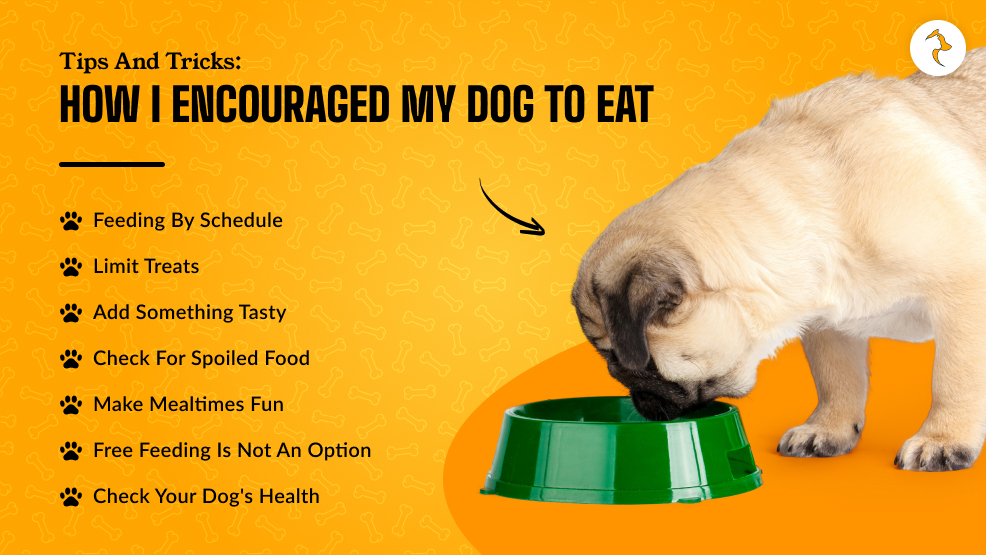
- Feeding by Schedule: Have meals at the same time each day.
- Limit Treats: Cut back on treats and reward your dog’s right eating habits.
- Add Something Tasty: Add low-sodium broth, plain boiled chicken, or wet food to kibble.
- Check for Spoiled Food: Be sure food stays fresh with proper storage.
- Make Mealtimes Fun: Try a puzzle feeder or interactive toy, making mealtimes a fun experience.
- Free feeding is Not an Option: Offer meals for limited periods (15-20 minutes) and remove uneaten food.
- Check Your Dog’s Health: If all else fails, take your dog to the vet whopping to rule out some medical concerns.
Preventing a Problem with Feeding in the Future
Slowly introduce new dog food to avoid upsetting your dog’s stomach. Prepare food that is of good quality and meets the nutritional requirements of your pet.
- Be careful when feeding an abundance of table scraps or human food, which might encourage picky eating.
- Keep any stressful conditions away from your pet while being fed.
- Always ensure a fresh water supply, which will help with digestion and general health.
Dog Sniffing Food but Not Eating
If your dog is sniffing but not eating, that may mean one of the following:
- Illness or stress manifests in loss of appetite.
- It could be a rejection because they don’t like the smell or feel of it.
- They might have grown disinterested in mealtimes due to a too-liberal treat-giving scheme.
Why Won’t My Dog Eat His Food but Eat Human Food?
Dogs can only learn human food to mean, “Time for my fancy snack” after a couple of years of table scraps being thrown indiscriminately. What was once his good dog food is now swept from the table and denied the presence of human fear.
Interventions:
- Stop giving human food.
- Mix dog food with food-safe ingredients, such as boiled chicken or vegetables.
- Feed when the dog is away from distractions.
Why Won’t My Dog Eat His Food but Eat Chicken?
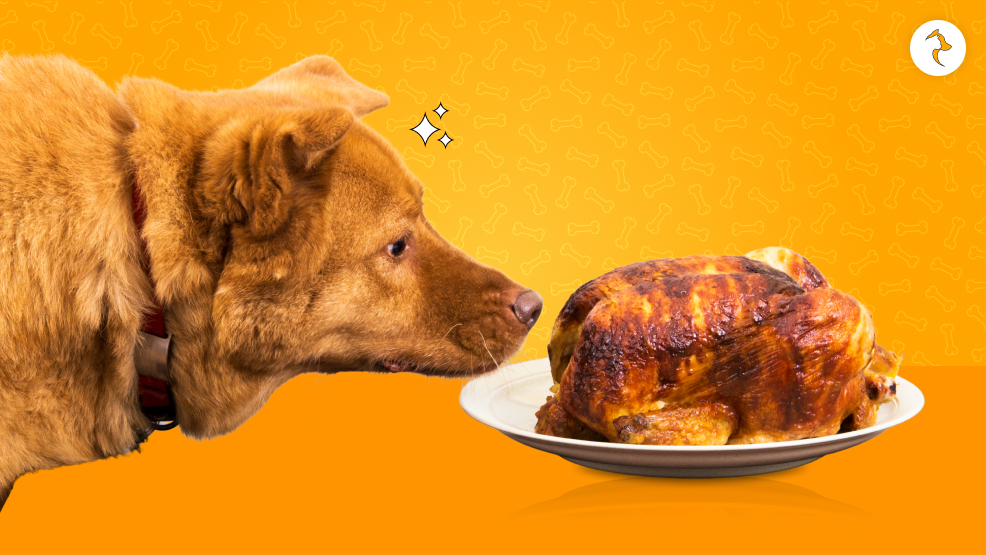
If your dog chooses to eat chicken and nothing but his food, you can assume he’s become more accustomed to the different and stronger flavors of this meat. To get him back to his dog food:
- Start blending chicken with kibble and gradually reduce the amount of chicken.
- Consider trying high-grade dog food with real meat as the main ingredient.
- Don’t just feed chicken because that’s not well-rounded nutrition.
Why Is My Dog Not Eating His Food but Drinking Water?
Possible explanations for a dog eating nothing and drinking water:
- Mild gastrointestinal upset, which may resolve in a day.
- Dental pain or troubles in chewing the food.
- Greater veterinary concern.
If your four-legged buddy has refused food for more than 24-48 hours but drinks water, it is high time to visit your vet.
Why is My Puppy Not Eating Much, But Acting Completely Normal?
Some puppies can eat less but still be active; however, lessening food intake raises concerns:
- Teething pain makes it unpleasant for them to eat.
- Livelihood in an unfamiliar environment.
- Simply not hungry at that moment.
Watch out for other symptoms, like lethargy or diarrhea, and contact your vet if the situation persists.
Possible Reasons for Why My Dog Would Not Eat His Food?
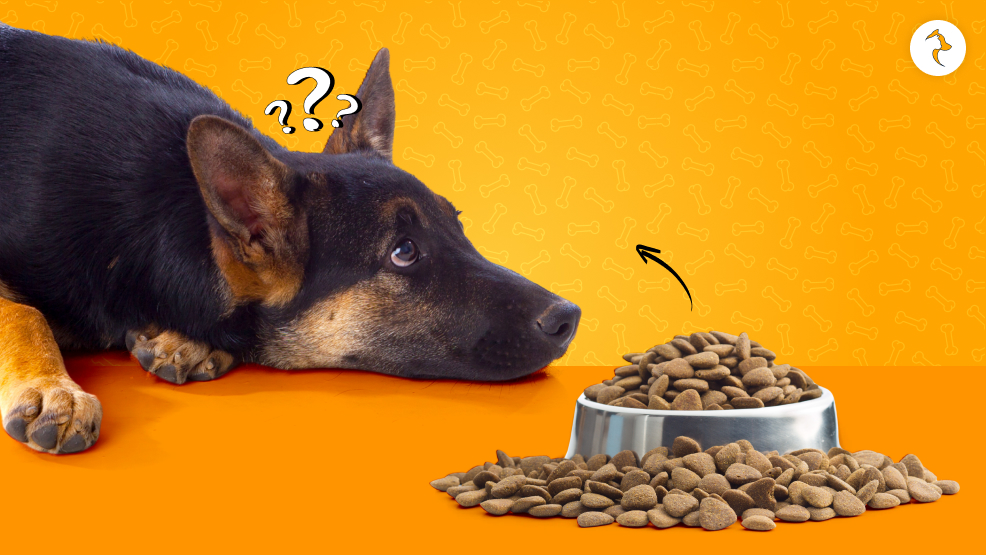
Numerous potential reasons can explain why your dog is not eating. First, rule out any medical causes, ascertain the food’s quality, and check recent environmental changes. If the condition persists, a vet checkup should be performed.
Final Words of Reassurance!
Dogs refusing to eat their food but will accept treats or human food have common and varied causes.
Knowing the reason, making changes, and seeing a veterinarian when needed will help restore normal eating habits.
A balanced diet, no excessive treats, and feeding in a stress-free environment will prevent future feeding hassles and keep your pet happy and healthy.
FAQ
Here are a few questions and queries that are asked by most pet parents on why is my dog not eating his food but will eat treats. Then if you are also someone who is going through the same thing with your dog, then here are a few of your queries answered.
Cut down on treats and human food.
Bring in food at set times, then remove any left bites.
Add small amounts of chicken broth or wet food to help make it more appealing to him.
It is as if a dog goes without food for more than 24-48 hours.
In the case of accompanying symptoms like vomiting, diarrhea, or lethargy.
An adult dog in optimal health can withhold food for 24-48 hours; prolonged withholdings will require veterinary intervention.
The most recommended types are those with a high protein content and contain high-quality natural dog food. Some of the good sources are:
‣ Blue Buffalo Wilderness
‣ Hill’s Science Diet
‣ Purina Pro Plan
‣ Royal Canin
This is not normal. If a dog has not eaten for over 48 hours, it should alert its owners to seek medical attention, as it could be a sign of serious health problems.






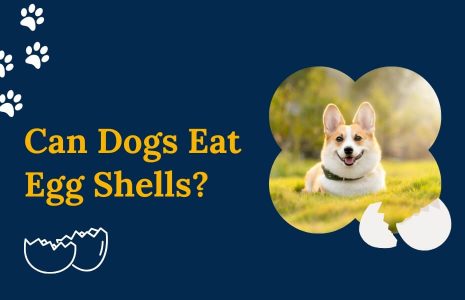
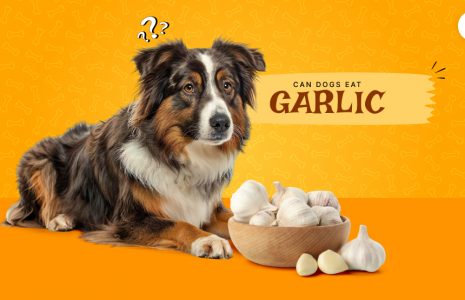
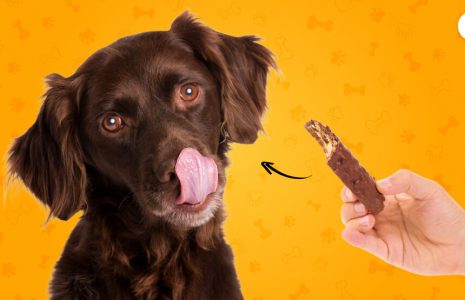
Leave A Comment